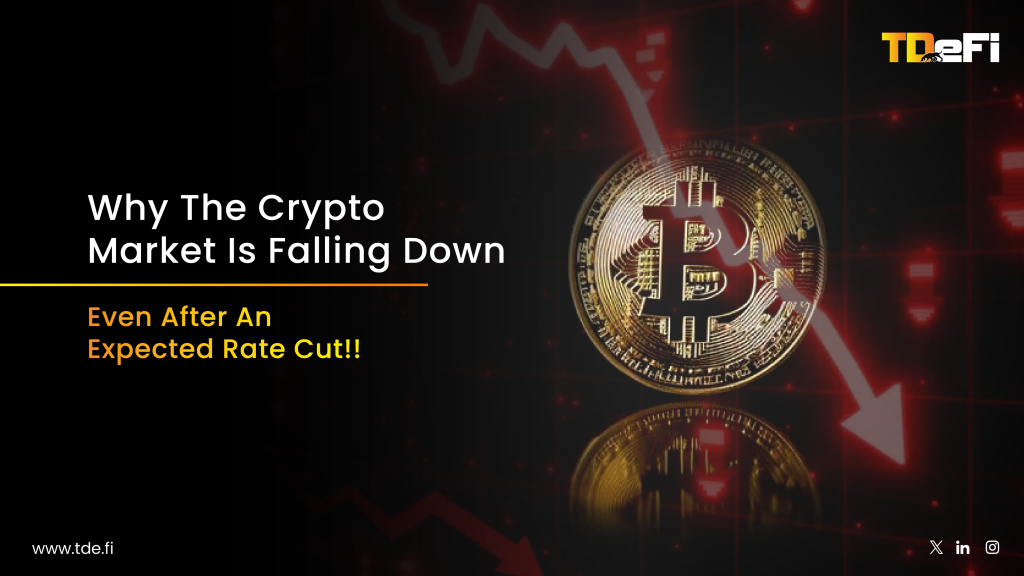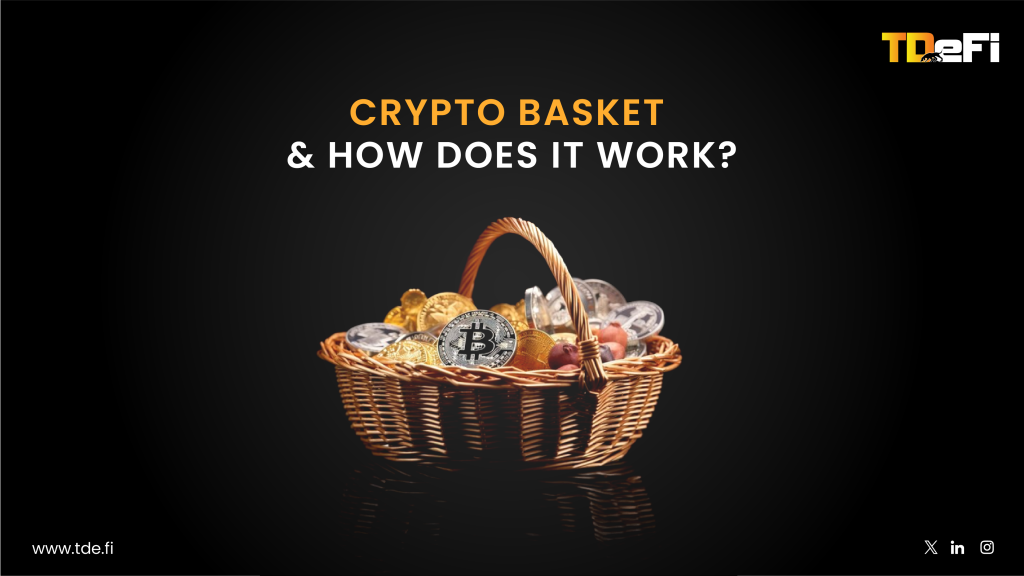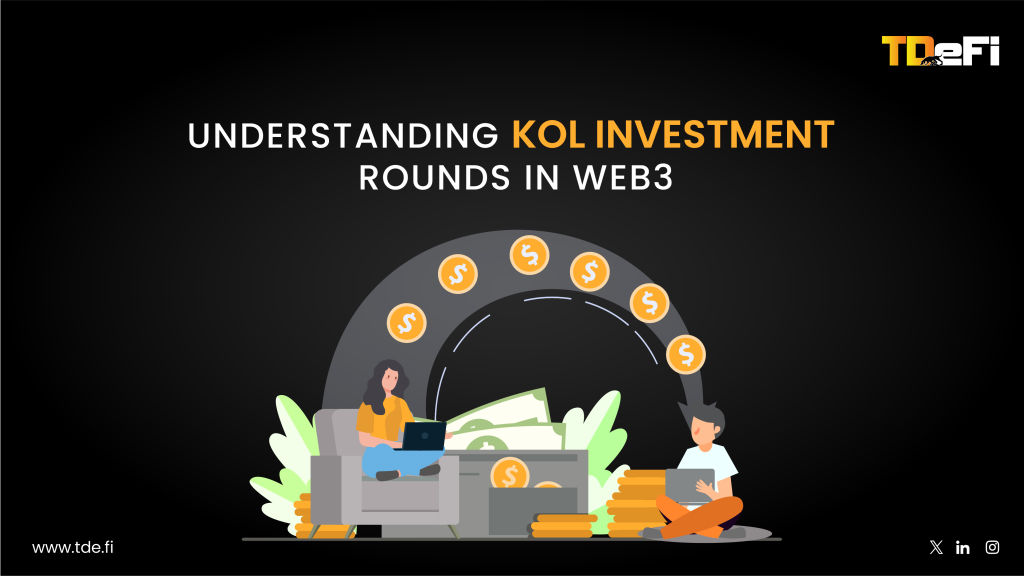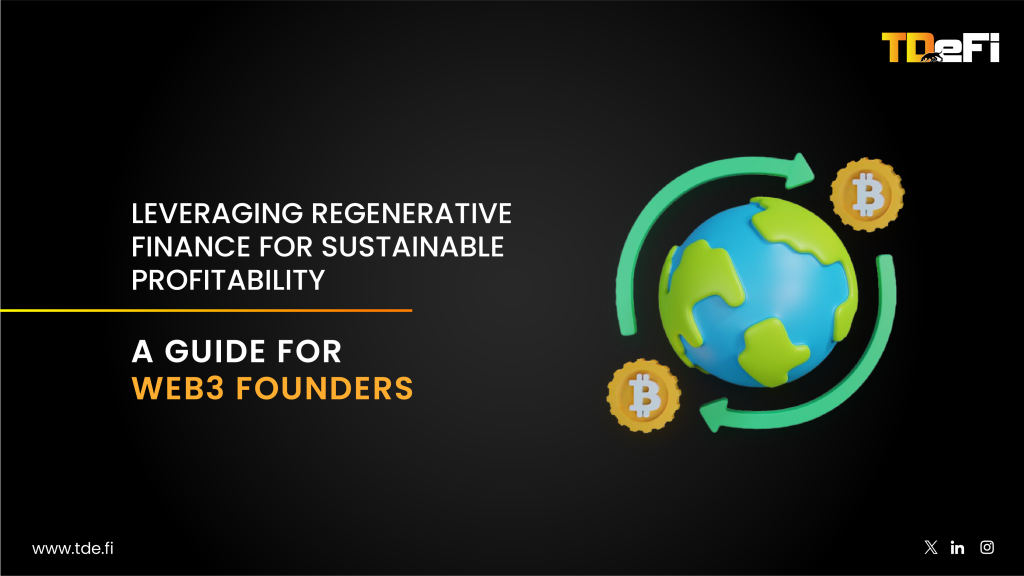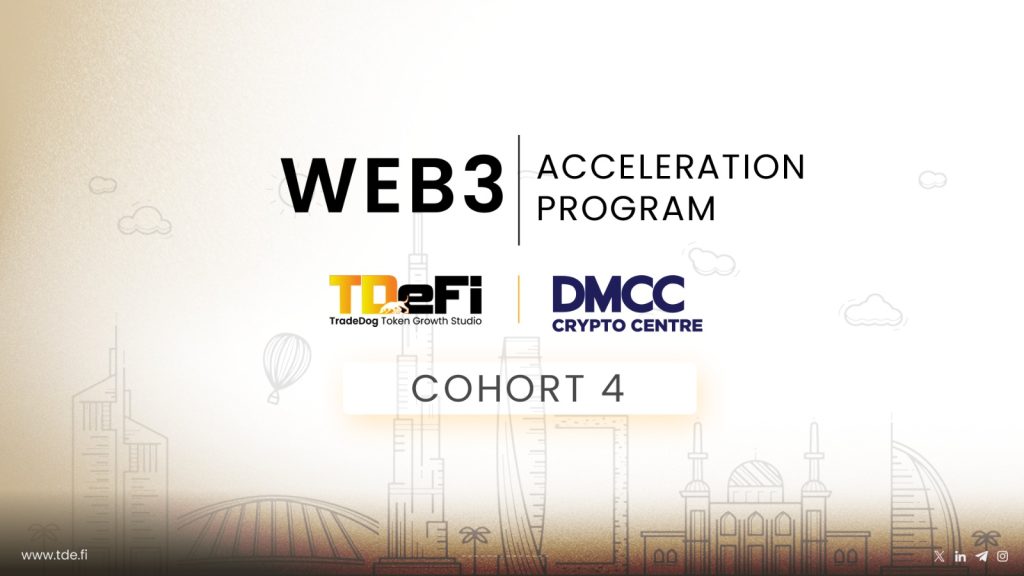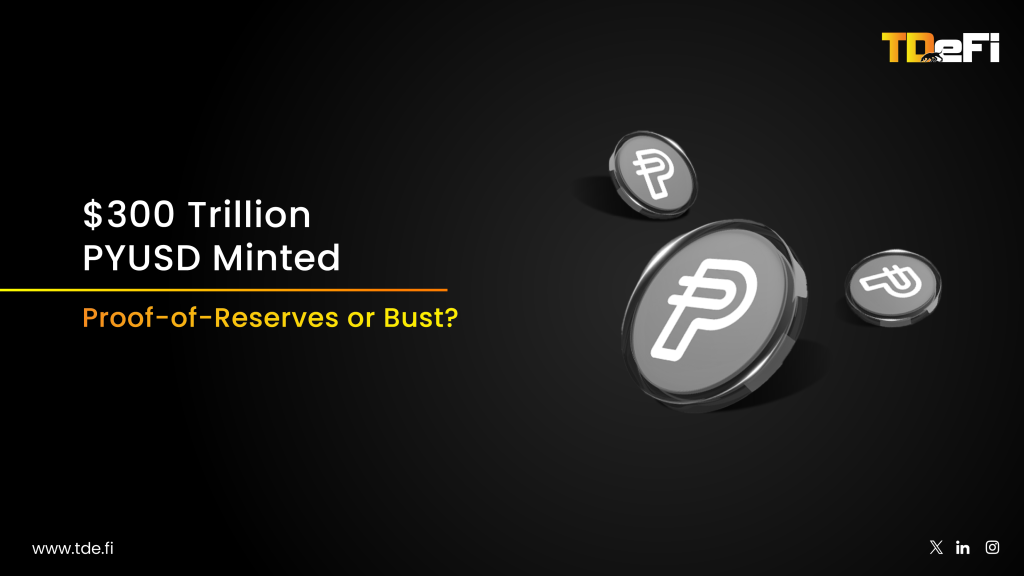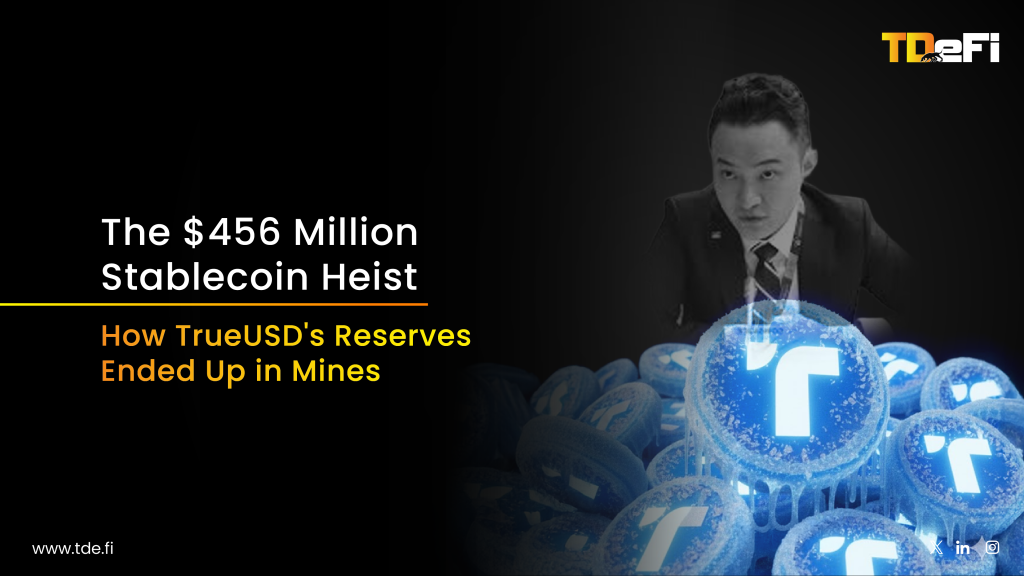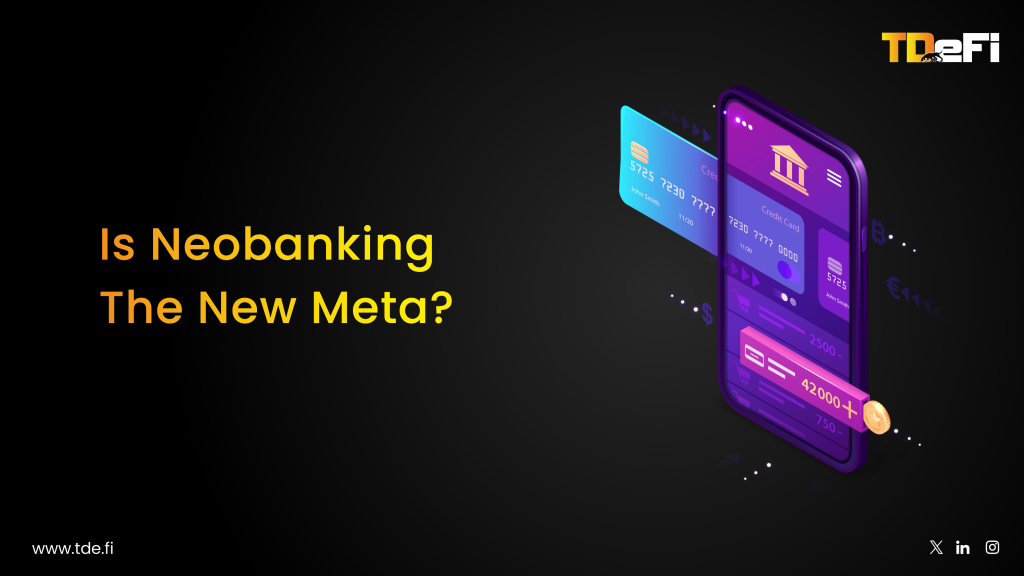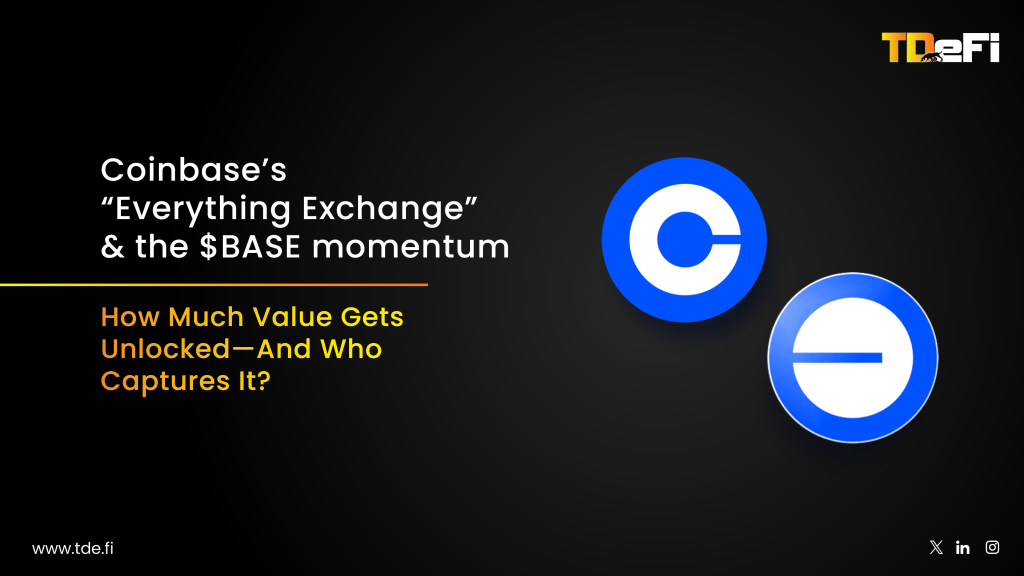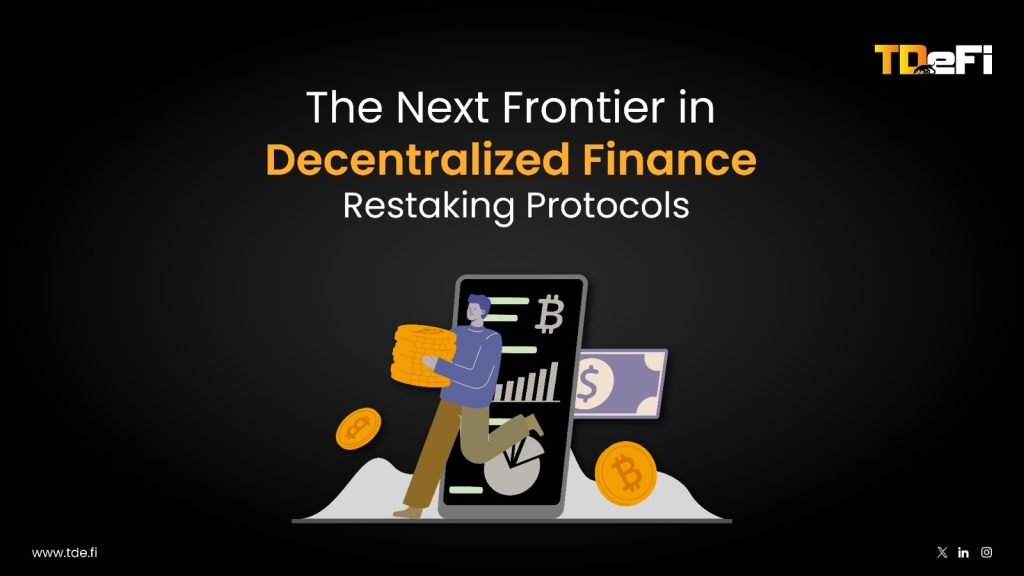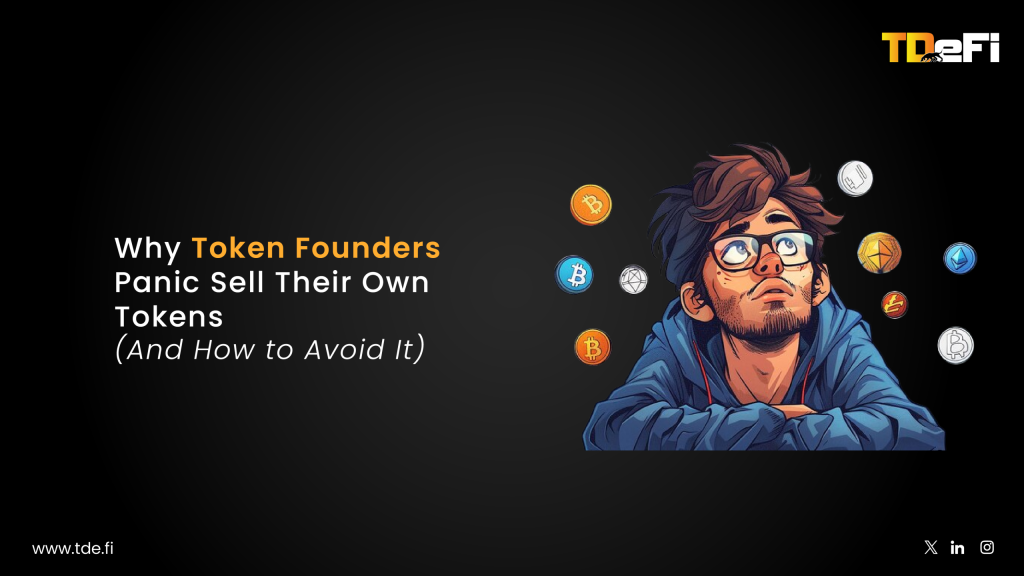It’s Not Just a Bear Market, It’s a Confidence Crisis
You’re not just battling the numbers on a chart.
You’re pitching vision in a vacuum of conviction. Capital allocators are ghosting. Telegram threads are dry. Your KPIs are stable, but the sentiment isn’t. And whether you’re chasing your seed round or prepping a token launch, the chilling question echoes: Who’s still writing checks?
The answer? Fewer than before, but not none. The game hasn’t stopped; it just got harder. And in a bear market, the founders who win aren’t the ones who wait. They’re the ones who move with precision when everyone else hesitates.
The Macro Doesn’t Care About Your Burn, But Investors Do
The cost of capital is no longer theoretical.
With the Fed holding rates at 4.25%- 4.5% for five straight meetings, every dollar in your treasury now costs more to replace. In a world of higher-for-longer, VCs aren’t just looking at product or team. They’re stress-testing your cash flow like a hedge fund.
If your model depended on cheap liquidity, it’s time to rethink. Because in Web3, macro policy is more than background noise. It’s the operating system for every raise.
BTC may have touched $123K, but VC flows haven’t caught up. That’s not a glitch, that’s a delay. Markets front-run the Fed. Capital lags the charts. If you’re trying to time your fundraise to a rate cut, you’re already late.
Raise Before You Need It, Or Regret It When You Do
Here’s the thing about liquidity in Web3: it’s either rushing in or dried up. There is no steady stream.
Founders who raised in late 2020 or early 2021 didn’t do so because they needed cash that week. They did it because they understood one truth: capital is cyclical, but dilution is negotiable.
Let’s say you raise at a lower valuation today. That stings, until you realize:
- You extend 18 months of runway.
- You avoid raising under duress.
- You gain leverage when markets thaw.
Because when the crowd comes back, it will come back fast. And deals will move from “quiet” to “competitive” in weeks, not months. Be positioned before the pivot.
Dilution Is a Feature, Not a Failure
Web3 founders often obsess over valuation multiples. But in a bear market, survivability > optics.
Let’s talk dilution.
Taking a 20% haircut on valuation today could mean the difference between controlled growth and forced token emissions. A down round isn’t a signal of weakness, it’s a sign that you’re still playing. And structured rounds can de-risk even lower valuations:
- Convertible Notes: Delay price discovery while locking in early interest.
- Milestone-Based Tranches: Tie funding to deliverables, not vibes.
- Anti-Dilution Clauses: Protect early investors while giving yourself flexibility.
You’re not giving away the cap table. You’re buying time, and time is your scarcest asset.
Beyond VCs: Grants, DAOs, and Community-Led Capital
Traditional VC is just one lane. In a down cycle, founders who think laterally unlock non-dilutive and community-aligned capital:
- L1 Foundation Grants: Ethereum, Avalanche, and Solana ecosystems gave over $400M in grants in 2024 alone.
- DAO-Led Rounds: Raise from your users; give them skin in the game early.
- Retroactive Public Goods Funding: Projects like Optimism are pioneering models that reward past impact.
Each mechanism has trade-offs. Grants are slow. DAOs require governance management. But they offer flexibility VCs don’t. A hybrid model, VC + DAO + grant + token, isn’t messy. It’s antifragile.
How Celestia Raised in Winter and Owned the Spring
In mid-2022, Celestia, a modular blockchain focused on data availability, raised a $55M Series A co-led by Bain Capital Crypto and Polychain, even as the broader crypto market faced heavy contraction. The valuation? Around $1B, a bold move during a capital freeze.
Fast forward 12 months:
- Market turns.
- BTC breaks $125K.
- Celestia launches its mainnet and airdrops tokens to early contributors and developers.
The result? Strong community traction, ecosystem growth, and a token launch that solidified its positioning.
They didn’t wait for optimal conditions. They stacked capital, technical progress, and community during a downcycle, so when sentiment shifted, they were already leading.
In a Bear Market, The Best Founders Act Like Macro Traders
Bear markets aren’t just downturns, they’re filters. They reveal who can operate with clarity in chaos. The founders who win are the ones who:
- Don’t wait for rate cuts
- Structure raises with optionality
- Blend VC, DAO, and grant capital
- Raise with a plan, not a pitch deck
You’re not just raising capital. You’re managing sentiment, sequencing liquidity, and keeping your vision alive when the market isn’t watching.
That’s not a reaction.
That’s a strategy.
If you need help in raising capital, you can contact us at [email protected]



